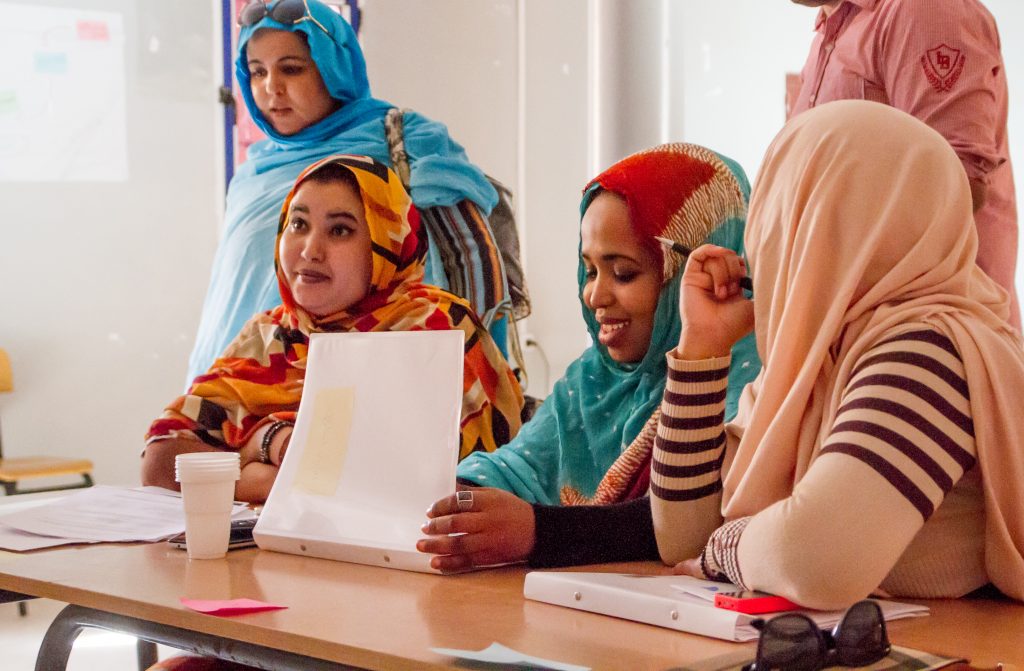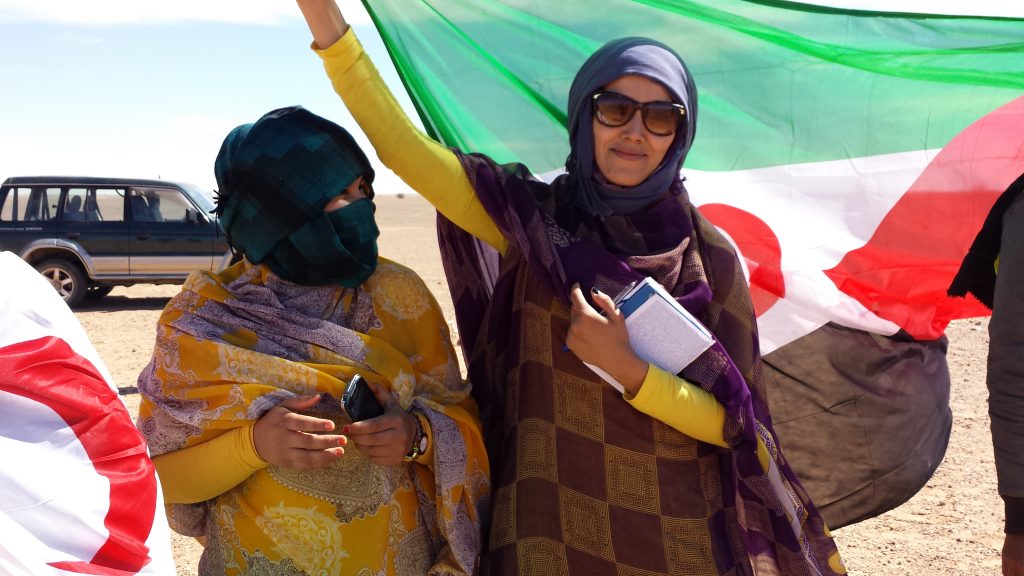We have worked against colonialism, imperialism and occupation since our organisation was founded in 1965.
The right to self-determination is included in both the UN Charter eand the two Conventions on Human Rights (the Convention on Civil and Political Rights and the Convention on Economic, Social and Cultural Rights). Both Conventions begin with the sentence: ”All peoples have the right of self-determination. By virtue of that right they freely determine their political status and freely pursue their economic, social and cultural development.” For peoples affected by occupation– whether they live in refugee camps or under occupation – this right is not respected. This, in turn, means that almost all other human rights are lacking: food security, freedom from violence, education, freedom of movement, health care etc. We therefore identify occupation as the most pressing problem and the root causes of the human rights violations in the regions where we work.
Despite violating numerous conventions, the occupations are allowed to continue. The structures set up in our liberal world to ensure international and human rights, are simply not functioning themselves. The rule of law is therefore dependent on pressure from people. Civil society thus carry a key function to mobilise those forces. The peoples living under occupation struggle everyday against the injustices they face. They organize in different spheres, locations and at different levels, and build alliances with different actors. We support that work by focusing on mobilization/activism and advocacy.
We work with mobilization/activism by supporting actors working for an active, vibrant civil society dedicated to change societies for the better. Leadership skills, increased civic engagement, increased organization and coordination as well as activism and mobilization for human rights are examples of focus areas.
The advocacy work is first and foremost focused on an audience outside the affected areas since every peaceful solution is dependent on the fact that the international community is mobilised and engaged in the issue. Decision makers as well as civil society need to put pressure on the occupying countries. We believe that people living under occupation are best suited to carry out this work and our focus is therefore on supporting local media activist groups and initiatives.
Within this programme we, in collaboration with eight partners, run the programme Seeds of Independence – mobilisation and advocacy, co-funded with ForumCiv. We also support the Sahrawi liberation movement Polisario.
You can read the theory of change for the programme.



